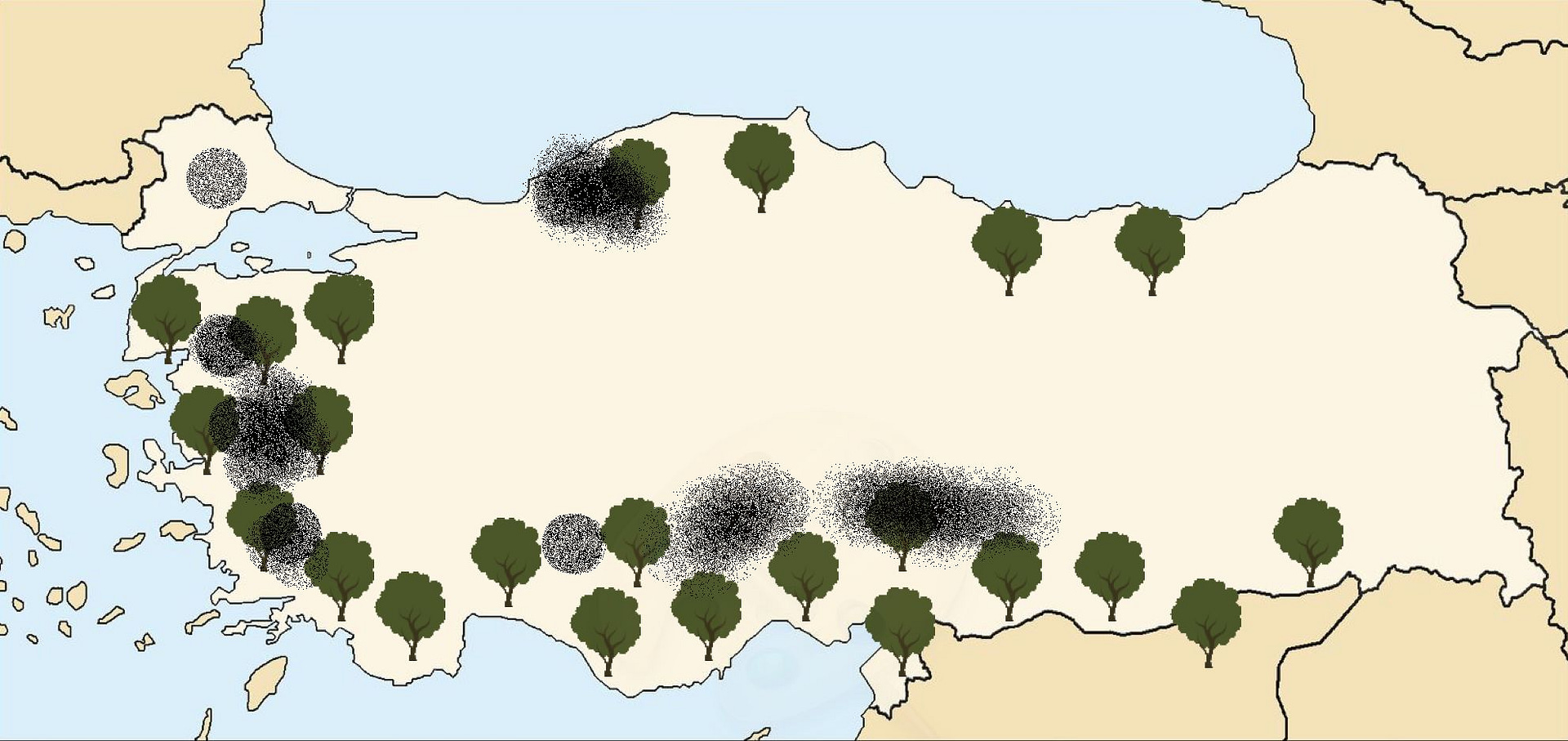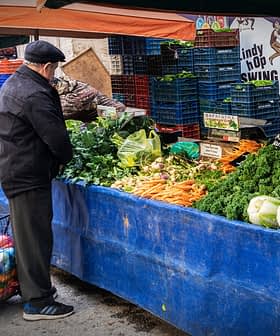A new regulation authorized in Turkey allows mining companies to remove olive trees if doing so allows easier access to underground coal deposits.
The country’s ruling Justice and Development Party (AKP) framed the move as a way to bolster Turkey’s energy security in light of the recent Russian invasion of Ukraine.
A very meaningful amount of the 190 million olive trees will be negatively affected eventually by the mining operations.
However, they added that any trees removed for mining purposes must be replanted elsewhere. The mining companies would also be responsible for growing olive trees in the area after completing their activities.
According to the European Association for Coal and Lignite, there are substantial coal reserves in Turkey’s western Aegean region and its southern coastline with the Mediterranean Sea. These areas are home to the overwhelming majority of the country’s olive groves.
See Also:Turkey Announces Plan to Advance Sustainable AgricultureThe AKP’s decision has been met with great skepticism by opposition parties, environmentalists and farmers. They argue the move will hurt the country’s olive oil sector and exacerbate the impacts of climate change, which are already being felt by local producers.
“With this regulation, the mining companies will pillage the olive groves,” said Süleyman Bülbül, an opposition lawmaker. “This regulation will pave the way for pro-government companies to plunder the groves.”
Mustafa Tan, the chairman of the board of Turkey’s National Olive and Olive Oil Council (UZZK for its Turkish initials), told Olive Oil Times that no trees have been removed yet under the regulation, but “we are worried that it will begin soon.”
“There are roughly 500,000 families who are olive producers in Turkey, and around 10 million people benefit from the industry directly or indirectly,” he added. “A very meaningful amount of the 190 million olive trees will be negatively affected eventually by the mining operations.”

Where Turkey’s largest coal deposits and olive groves coincide
However, Tan said the new regulation did not have the same power as a law would. He appeared optimistic that the regulation would be appealed in the courts and eventually overturned.
“Almost all the stakeholders of the olive industry, us [the UZZK], NGOs, municipalities and some political parties have already started the legal process to appeal the decision,” he said.
“We expect that the courts will cancel this regulation,” Tan added. “We also requested from the related ministry to withdraw this wrong regulation.”
Bahar Alan, the owner of Nova Vera, told Olive Oil Times that her 160 hectares of olives in Ayvalik, the historic capital of Turkish olive oil production, and Manisa would not be affected. However, she is concerned about the impact of the regulation on the wider sector.
Alan insisted that olive trees are a far more valuable resource than coal. After all, the oil from their fruit has fueled the Turkish people and its economy for thousands of years.
“It is a sector that creates an added value of approximately $1.5 billion (€1.36 billion) a year and has been in these lands for 8,000 years,” she told Olive Oil Times. “We believe the biggest and most sacred mineral is the olive. It is the greatest wish of us, the producers, that this irreversible wrong decision will be revised before it’s too late.”









